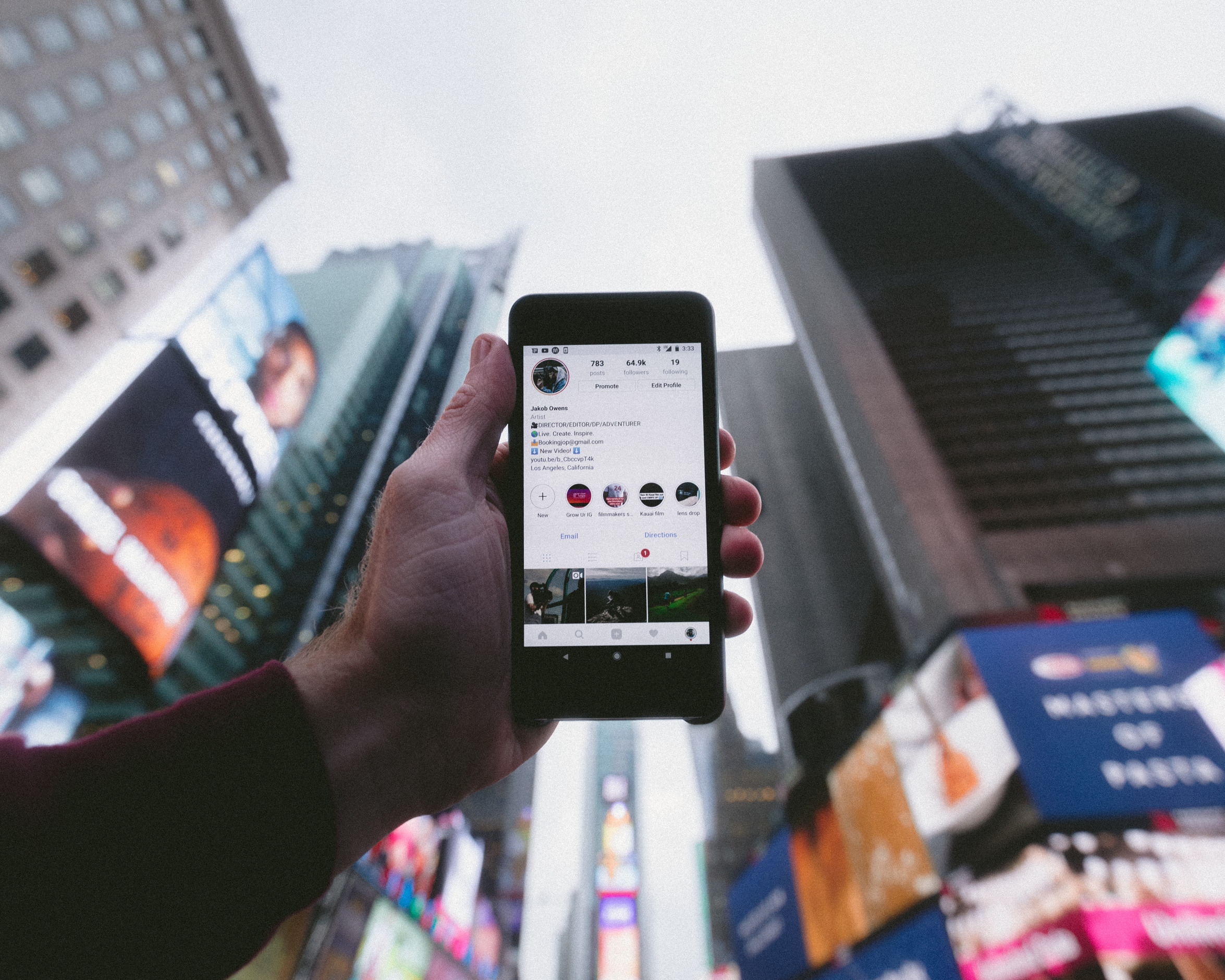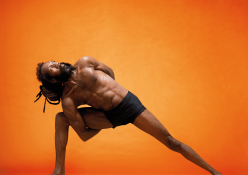Why we’re all just doing it for the ‘Gram
By now, we’re all aware of the harmful effects social media might have on our mental health. Largely due to our nature of comparing ourselves to others, looking at our social media feeds – where we’re regularly presented with seemingly perfect photos of our favourite influencers on holiday and watching our friends live their ‘best lives’ – has distorted how we view ourselves and the world. Whether or not we’re having ‘one of those days’, scrolling on Instagram and seeing picture-perfect people can make even the most confident person feel insecure.
We all know that most people only share the best versions of themselves online with carefully curated images and captions. But some influencers and celebrities have taken this idea to the limit. Countless hours in the make-up chair, modelesque postures, and the best lighting are what it takes to post a seemingly everyday look on Instagram. They inundate their followers with heavily edited images completely detached from reality, and as a result, people struggle to achieve the type of body that was created on a computer screen. Much to the detriment of their mental health and self-esteem.
The Truth Behind The Post
But social media platforms seem to be working on this. Instagram has instituted policies that limit content relating to weight-loss products, cosmetic procedures, diet brands, and augmented reality filters that endorse plastic surgery. Not only have platforms begun to shift the narrative on this trend, but celebrities and influential figures have started to hashtag #instagramvsreality to challenge unrealistic standards of beauty. This movement calls for users to upload two photos – one shot that is flawless and ready for Instagram, while the other depicts a more real-life setting – and contrast them by posting them alongside each other. For example, you might see a pic on Instagram of someone enjoying an incredible dinner. This is the Insta-worthy photo, but their meal could have tasted like a dog’s dinner in real life.
The trend of #instagramvsreality came about in 2014 with blogs and articles criticising the warped make-up of social media, in particular Instagram, which became a platform infamous for people to post the best version of themselves and their lives. The hashtag then began trending in 2015 and gained more traction over the years, with accounts emerging online that showed comparisons of celebrities and influencers in posed versus relaxed photos.
Actually Candid
Removed from the filtered posts that we see every day, it’s refreshing when an influencer or celebrity posts the real side of who they are – flaws and all. Social media was meant to give people a behind-the-scenes look into the lives of those that they admire; but now most social media accounts are run by teams who are highly selective about what makes it onto the grid. The incredible posts that make up our timelines take us into a world where people constantly look their best, eat the healthiest food, go on holiday all the time, and receive PR packages every week. The reality constructed in front of us is so believable that it makes the rest of us unhappy, wondering why we can’t live these picture-perfect Instagram lives.
There is no doubt that social media has become a better place because of the body positivity movement. Both influencers and users have taken to Instagram and other platforms to promote acceptance of our natural bodies, with posts geared towards self-love and body confidence. This is exactly what we need in an online world filled with filters and photo-editing apps. While criticism of Instagram and the content being produced on the platform is completely valid, what’s more important is that we make online spaces more positive and inclusive. The next time you scroll through your feed and feel the slightest bit of self-doubt, think about whether that person is worth following. Instead, follow accounts that make you feel good; no oneneeds that extra negativity.
Words by Leah Dennis
Photography: Courtesy Images





